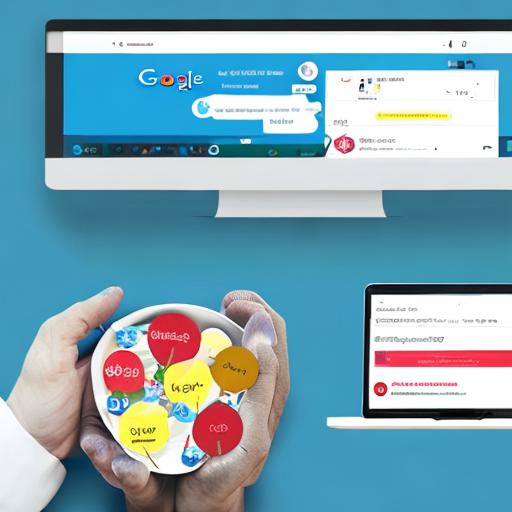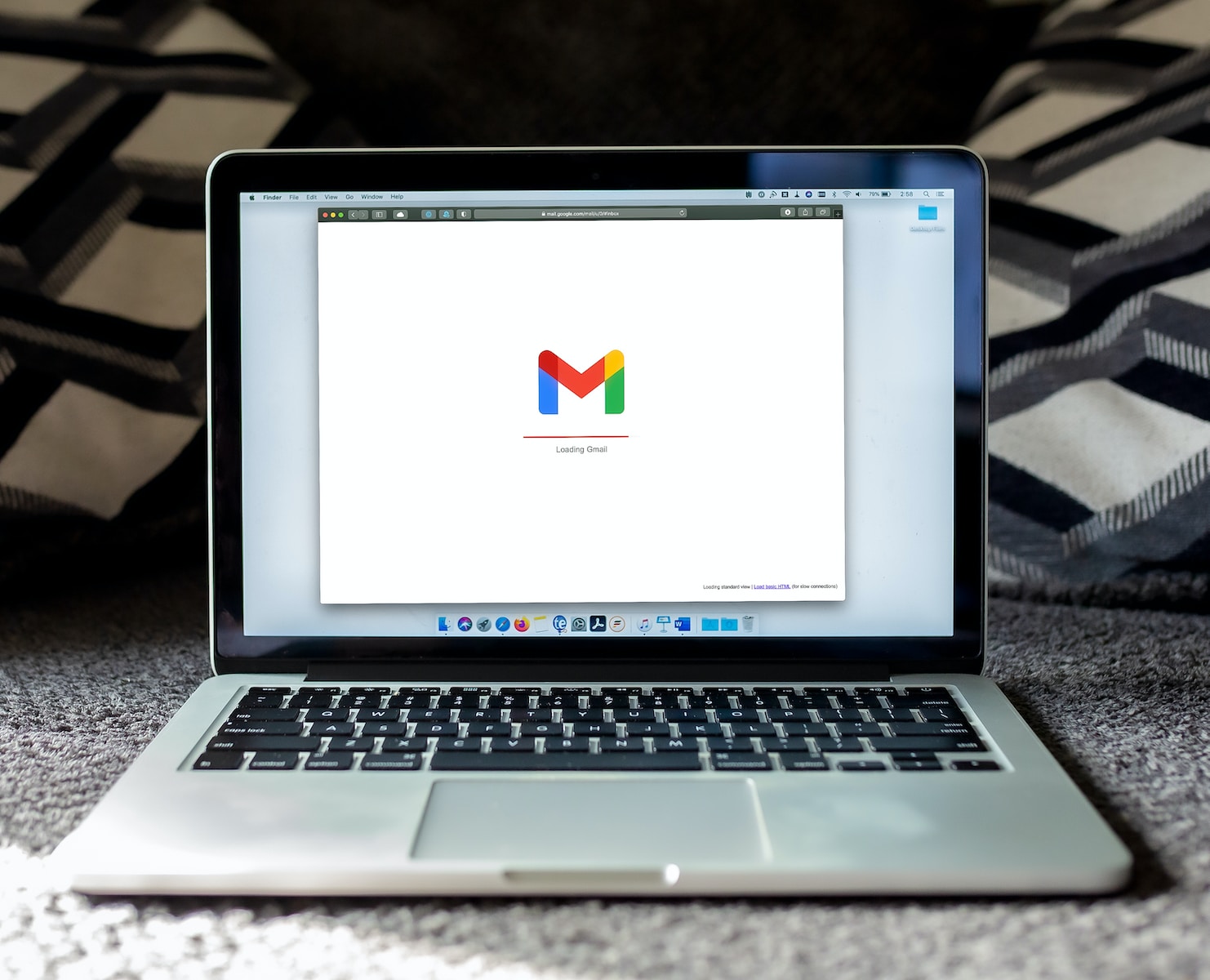Google Ads is an extremely powerful tool for businesses to reach new customers and generate revenue. However, with many advertisers vying for the same ad space, it can be difficult to ensure your ads are seen by the right people. The key to success is to master the Google Ads auction and outbid your competition. In this article, we’ll provide you with a comprehensive guide on how to bid effectively and maximize your budget. From understanding the bidding process and defining bid strategies, to analyzing your performance and adjusting your bids, we’ll cover everything you need to know to stay ahead of the game. ahead of the competition and get the most out of your Google Ads campaigns. So buckle up and get ready to master Google Ads bidding like a pro!
Understanding Google Ads auctions
To master Google Ads auctions, it’s important to understand how they work. Google Ads bidding is a process where advertisers bid on specific keywords to ensure their ads are shown to potential customers. Auction is an automated process by which Google determines which ad will be shown to a potential customer based on various factors including bid amount, ad quality, and relevance to the search query. .
When a user enters a search query into Google, an auction is triggered and advertisers who bid on the relevant keywords participate in the auction. The auction winner sees their ad appear on the search engine results page (SERP) when a user searches for that specific keyword.
The bid amount is not the only factor that determines the winner of the auction. The quality and relevance of advertisements also plays a crucial role. Google wants to ensure that its users receive the most relevant, high-quality advertisements. That’s why it considers the quality and relevance of the ads when choosing which ad to display.
To improve your chances of winning the auction, you need to focus on creating high-quality listings that match the search query. You should also optimize your bidding strategy to ensure that you are bidding enough to win the auction without spending too much.
Understanding Google Ads auctions is the first step to mastering them. By knowing how they work and what factors are taken into account, you can create a winning bidding strategy that will help you outbid your competition and get your ads to potential customers.
The Importance of Bidding in Google Ads Auctions
Bids are an essential part of Google Ads bidding because they determine where your ad will appear on search engine results pages (SERPs) relative to your competitors’ ads. The higher your bids, the more likely your ad is to appear at the top of the page, ahead of your competitors. However, bidding isn’t just a matter of how much money you’re willing to spend. It also takes into account your ad’s relevance, Quality Score, and other factors.
To create an effective bid strategy, you need to have a deep understanding of your audience and their search behaviors. This includes knowing what keywords they use to find your products or services, what their intent is when they search, and how they interact with your website. Based on this information, you can set bids that fit your business goals and budget.
It’s also important to regularly monitor and adjust your bids based on performance data. Google Ads provides valuable information about how your ads are performing, including how often you click on them, how many conversions they generate, and how much you pay for each click. By analyzing this data and adjusting bids, you can optimize your ad campaigns for maximum ROI.
In summary, bidding is an essential factor in Google Ads auctions. Mastering them requires a strategic approach that takes your audience, business goals, and budget into account. By continuously analyzing and adjusting your bids based on performance data, you can outbid your competitors and succeed in the highly competitive world of online advertising.
How to research your competitors’ offers
When trying to outbid them in Google Ads auctions, it’s important to research what your competitors are offering. To do this, you can use the Google Ads Auction Insights report. This report will tell you how often your ads rank higher in auctions than your competitors. It will also tell you how often your ads appear alongside your competitors’ ads and how often your competitors’ ads outrank yours.
By analyzing this data, you can better understand where you stand against your competitors and where you need to improve. You can also identify which competitors are bidding on the same keywords as you and how much they are willing to bid.
Another way to research your competitors’ offers is to use a third-party tool. There are many tools that allow you to monitor your competitors’ offers and adjust your own offers accordingly. These tools can also give you valuable insight into your competitors’ advertising strategies, such as the types of keywords they’re bidding on, the ad text they’re using, and the landing pages they’re redirecting traffic to.
By studying your competitors’ bids and adjusting your own bids accordingly, you can increase your chances of winning Google Ads auctions and drive more traffic to your website. However, it’s important to keep in mind that bidding is only one part of a successful Google Ads campaign. You should also focus on creating high-quality ads and relevant landing pages for your target audience.
How to set your bid strategy
Defining your bid strategy is a crucial step in mastering Google Ads bidding and outbidding your competitors. Your bid strategy determines how much you’re willing to pay for a click on your ad. There are several types of bid strategies to choose from.
First, manual bidding lets you manually set your bids for each keyword or ad group. This gives you full control over your bids, but it can be time-consuming and not the most effective strategy.
Then there are automated bidding strategies, where Google Ads uses machine learning to set your bids based on your campaign goals. This may save you time and improve your results, but it may not give you the same level of control over your bids.
There are several types of automated bid strategies to choose from, including:
- Target CPA (cost per acquisition): Google Ads sets your bids to get as many conversions as possible at your target cost per acquisition.
- Target ROAS (return on ad spend): Google Ads sets your bids to maximize your conversion value while maintaining your target ROAS.
- Maximize conversions: Google Ads sets your bids to get as many conversions as possible within your budget.
The bidding strategy you choose will depend on your campaign goals and your budget. It’s important to constantly monitor and adjust your bids to ensure you’re getting the best possible results. By setting your bidding strategy strategically, you can outbid your competitors and get your ads to more potential customers.
Tips for winning at auction
Google Ads Google Ads auctions can be a great way to get your business in front of the right people at the right time. But how do you win those auctions and get your ads shown above those of your competitors? Here are some tips to help you stand out:
- Set a maximum bid: Before participating in an auction, set the maximum bid you’re willing to pay for a click. This will help you stick to your budget and avoid overspending.
- Choose the right keywords: Use relevant and specific keywords that will target your target audience. This will increase the likelihood that people interested in your products or services will click on your ads.
- Write compelling ad copy: Make sure your ad copy is compelling and relevant to the keyword you’re bidding on. This will make your ad stand out from your competitors and increase the chances of being clicked on.
- Improve your Quality Score: Quality Score is a metric used by Google to measure the quality and relevance of your ads. By improving your Quality Score, you can improve your listing’s auction position.
- Monitor and adjust your bids: Monitor your bids and adjust them as needed. This will help you stay competitive and ensure your ads are seen by the right people.
By following these tips, you can increase your chances of winning Google Ads auctions and getting your ads seen by your target audience.
The role of Quality Score in Google Ads bidding
In Google Ads auctions, the role of Quality Score cannot be overstated. Quality Score can make or break your ad campaign. It’s a measure of the relevance and quality of your ad, keywords, and landing page. The higher your Quality Score, the better your ad position and the lower your cost per click (CPC).
A high Quality Score can lower your cost per click and improve your ad’s visibility. Indeed, Google rewards advertisers who provide relevant and useful content to their audience.
So how can you improve your Quality Score? Several factors should be considered, including the relevance of your ad text, the relevance and quality of your landing page, and the expected click-through rate (CTR) of your ad.
To improve the relevance of your ad text, make sure it includes the target keyword and a clear, compelling call to action. Your landing page should also match the ad and provide a good user experience. Make sure your landing pages load quickly, are easy to navigate, and provide the information your audience is looking for.
Finally, the expected CTR measures the probability that people will click on your ad. To improve your CTR, make sure your ad is highly relevant to your target audience and includes a clear value proposition. By improving your Quality Score, you can improve your ad performance, increase your visibility, and outbid your competitors in Google Ads auctions.
How to improve your Quality Score
Improving your Quality Score is key to winning Google Ads auctions and outbidding your competitors. Your Quality Score is like a report card for your ads. It is based on several factors such as the relevance of your ads to search queries, the quality of your landing page and the performance history of your account.
So how can you improve your Quality Score?
First, make sure your ad groups are organized and your ads are relevant to the keywords you’re targeting. This will help Google understand your ad content and match it to the right search queries.
Second, make sure your landing pages are of high quality and provide relevant information to the user. This will not only improve your Quality Score but also help you convert the user into a customer.
Third, focus on improving your click through rate (CTR). A high CTR indicates that your ads are relevant to users and compelling enough to get them to click on them. You can achieve this by creating engaging ad copy, using relevant ad extensions, and testing different variations of your ads.
Finally, regularly monitor your Quality Score and adjust your campaigns accordingly. If you find your Quality Score is low, identify areas where you can improve and make changes to your ads and landing pages.
Improving your Quality Score takes time and effort, but it’s worth it in the long run. A higher Quality Score will not only improve your ad rankings, but will also lower your cost per click, which will result in a better return on investment for your campaigns.
Conclusion: Becoming a Google Ads Auction Master
Becoming a Google Ads auction master is a process. It takes time, patience and a willingness to learn and adapt. The key is to always focus on the data and make informed decisions based on that data. Remember to never stop testing and optimizing your campaigns.
By implementing the strategies outlined in this article, you’ll be well on your way to becoming a Google Ads auction master. Keep in mind that there is always more to learn and that Google is constantly updating and changing its algorithms. It is therefore important to keep up to date with the latest trends and best practices.
In conclusion, mastering Google Ads bidding is not an easy task, but it is definitely worth the effort. By doing so, you can outbid your competition and drive more traffic and sales to your website. So take the time to learn the ins and outs of the Google Ads auction process, and you’ll be sure to see positive results in no time.
What are Google Ads auctions?
How do Google Ads auctions work?
How to determine the cost per click on Google Ads?
How to outbid your competitors in Google Ads?
How to improve the quality of your ad in Google Ads?
How to track the performance of your Google Ads campaign?










